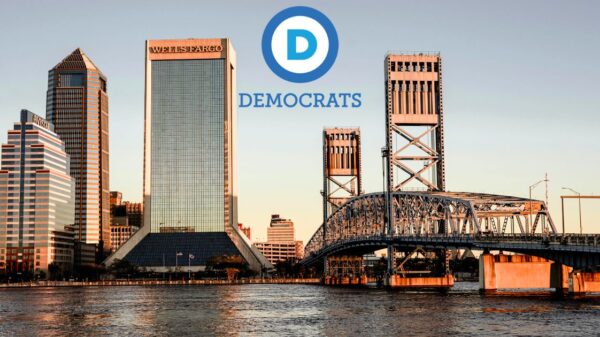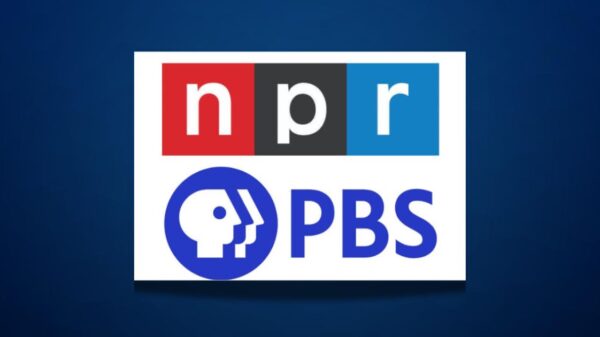The Jacksonville Jaguars recently announced a massive renovation plan for its EverBank Stadium. The project is slated to cost around $1.4 billion in total. However, the Jaguars franchise will only be covering about 45 percent of the cost. The rest will be footed by the city of Jacksonville. This means local taxpayers are on the hook for $775 million that will inevitably fail to pay dividends.
This is nothing new. Across the U.S. and Canada, state and local governments have earmarked roughly $33 billion in funds for stadium projects from 1970 to 2020. An extensive review of the impact of stadium subsidies on local populations shows that these subsidies invariably fall short of covering the initial “investment.”
An analysis by Scott Lincicome of the Cato Institute displays this reality. He finds “nearly all empirical studies find little to no tangible impacts of sports teams and facilities on local economic activity.” A Bloomberg piece also notes that whatever gains are produced by a new stadium are offset with losses elsewhere. In other words, consumers may indeed end up spending more in and around a new or renovated stadium. However, they will spend less at establishments in other parts of town as a result. The same amount of commerce will just shift to the stadium district and nearby businesses, away from the rest of the city.
(Story continues below ad group)
The details of the Jaguars deal further reduces the likelihood of any possible addition of economic activity to the area. It is a renovation of an existing stadium. The renovation plan would provide “a transparent protective canopy, a 360-degree concourse, an ‘immersive’ in-bowl digital and lighting technology, and a subtropical nature park” in the stadium. In other words, the Jaguars want the taxpayers to put up nearly a billion dollars simply to make their stadium look a little more cool.
Further, this renovation plan would involve the Jaguars having to play in a partially renovated, limited-capacity stadium in the 2026 season, while the 2027 season would have the Jaguars leave Jacksonville altogether for the renovations to be completed. The agreement also stipulates that, going forward, the Jaguars will always play at least one of their home games per season overseas in London. Jaguars ownership expects taxpayers to fund this project that will decrease capacity for one season, bring the franchise out of Jacksonville entirely for another, and once it’s all done, the Jaguars will not even play all of their home games in the stadium. It beggars belief.
The ask is particularly bold when considering that Jacksonville taxpayers were put on the hook for the bulk of a nearly $100 million renovation project in 2014. That project included brand new scoreboards and the removal of thousands of seats to create a pool party deck in the North end zone. Perhaps the Jaguars should take some time to demonstrate the benefits of prior renovations before demanding even more money from taxpayers.
As economist Victor Matheson put it bluntly when asked if stadium subsidies are ever a good deal for taxpayers, “Most stadium subsidies are basically just a handout from regular taxpayers to rich team owners.” This echoes Lincicome’s analysis, adding, “[Stadium] subsidies are a terrible use of finite government resources and a ridiculously egregious redistribution of wealth from regular Americans—fans and haters alike—to some of the wealthiest people and organizations on the planet.”
This reality is particularly stark in the case of the Jaguars. Jaguars owner Shad Khan boasts a net worth of $12.2 billion, making him the 12th wealthiest owner of any sports team in the world – he is ranked fifth amongst NFL owners. This is more than enough to cover the costs of this stadium renovation. The $755 million from Jacksonville taxpayers is not helping to fulfill a dire need of the Jacksonville community, which would be impossible without public funds. In reality, these funds ensure that Khan does not have to make any difficult decisions with his assets.
How to stop the Jaguars from disappointing fans on the field is a question that goes beyond public policy experts. However, there is a surefire way for the Jacksonville council to protect its residents from being hurt by the Jaguars off the field. This proposal should be rejected out of hand. If Shad Khan and the Jaguars want another round of costly renovations, they are free to fund themselves.
Dan Savickas is director of policy for the Taxpayers Protection Alliance.






















